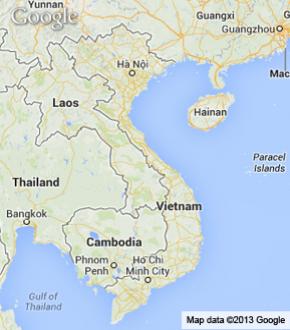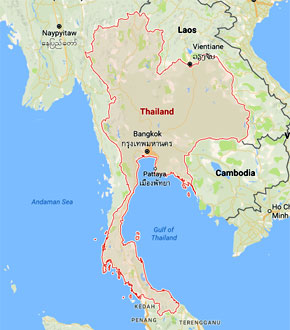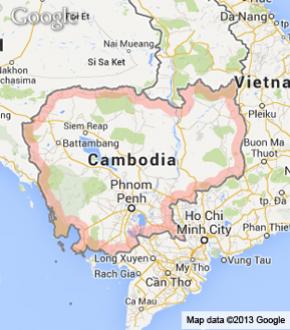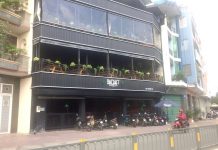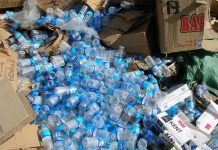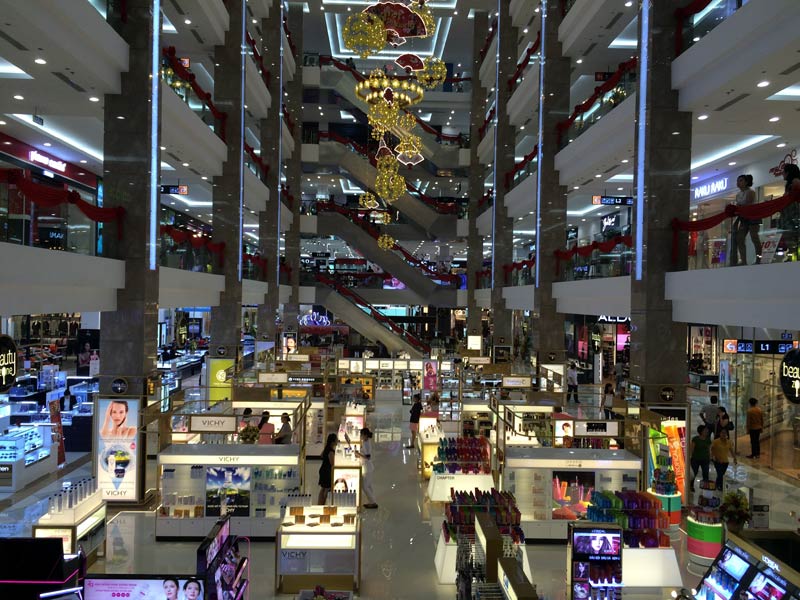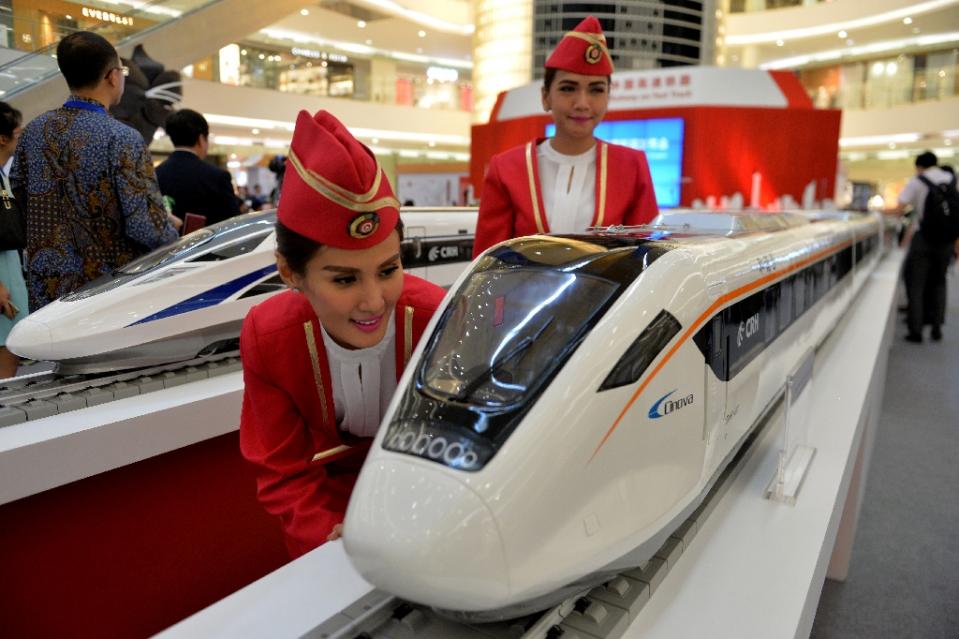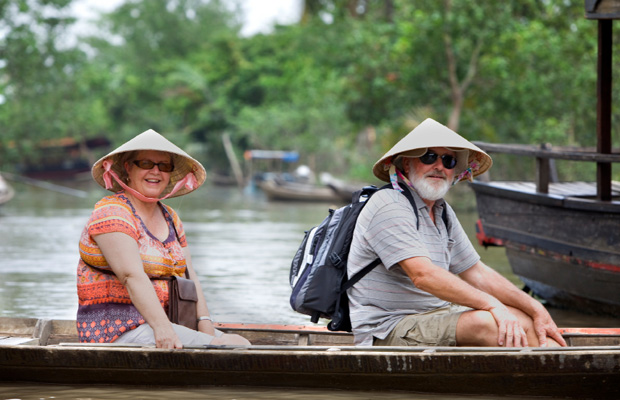It’s hard to think of an issue that you would less like your company to be associated with than modern slavery. Yet last November Nestlé, the world’s largest food maker and one of the most recognisable household brands, went public with the news it had found forced labour in its supply chains in Thailand and that its customers were buying products tainted with the blood and sweat of poor, unpaid and abused migrant workers.
By independently disclosing that Nestlé customers had unwittingly bought products contaminated by the very worst labour abuses, the company said it was moving into a new era of self-policing of its own supply chains. A year-long investigation by the company confirmed media reports that the seafood industry in Thailand is riddled with forced labour and human trafficking and that slave labour was involved in the production of its Fancy Feast catfood brand.
Nestlé also made sure to make it clear that no other company sourcing seafood from Thailand, the world’s third-largest seafood exporter, could have avoided being exposed to the same risks. “As we’ve said consistently, forced labour and human rights abuses have no place in our supply chain,” said Magdi Batato, Nestlé’s executive vice-president in charge of operations, in a written statement. “Nestlé believes that by working with suppliers we can make a positive difference to the sourcing of ingredients.”


